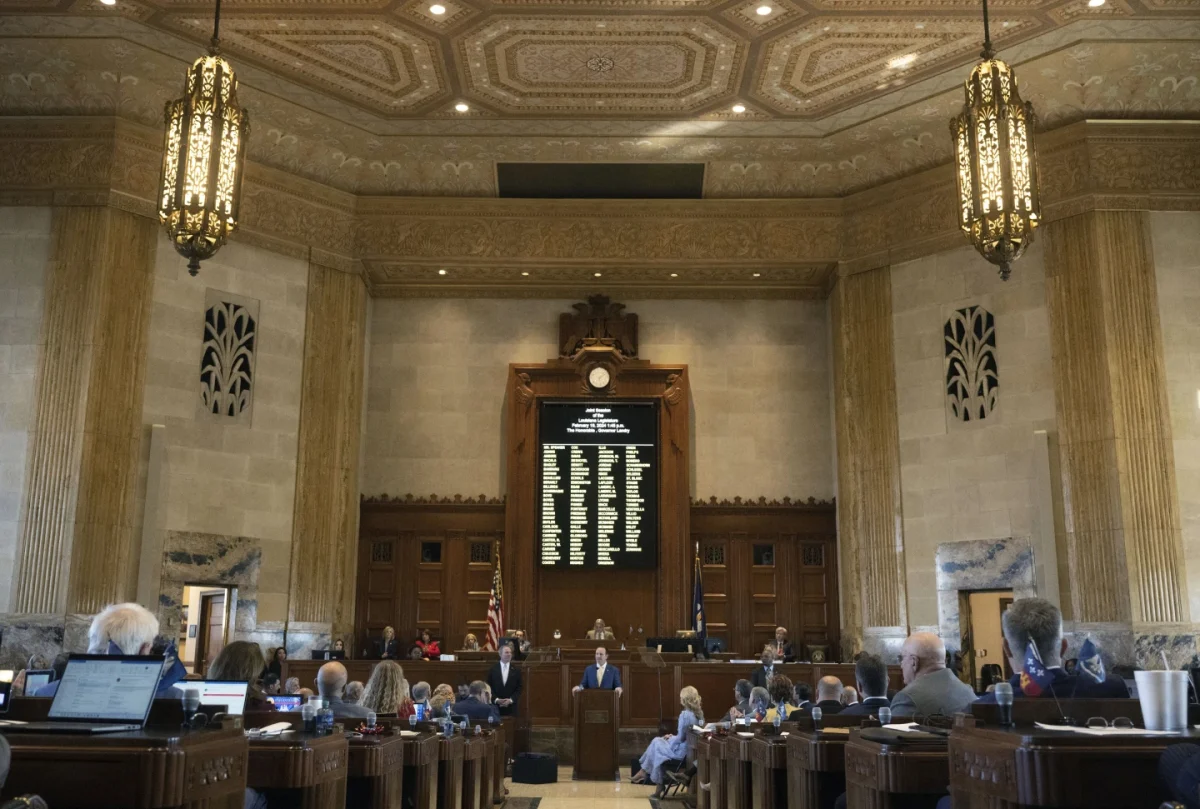Don’t infringe on others’ rights
I was furious when I read the article “Free Expression Tunnel blocked to fight Racism” in the Technician. I had no idea that people physically blocked off the tunnel. How do they not see that doing something like that is exactly what crosses the line between exercising one’s own rights and infringing on others’? As a taxpayer, I have helped pay for the renovations to the Free Expression Tunnel and have the right to benefit from them. As a student, I have paid tuition to N.C. State and have the right to utilize the campus as is necessary for my education. As an employee, I have the right to travel to my place of work unimpeded. As a citizen, I have the right to be on public land. The Free Expression Tunnel is the only wheelchair accessible route to the north side of campus between Dan Allen Drive and Pullen Road. Were the people blocking off the tunnel really not going to let someone in a wheelchair through after a long night at D.H. Hill?
The blocking off of the Free Expression Tunnel was, regardless of the intent, a worse offense to our campus than the message it was protesting. Not only because it crossed the line that separates free expression from infringing on others’ rights, but because it is the first step down a frightening road where emotions are allowed to overrule reason. We need look no further than our nation’s history over the past decade to see where that leads. The Patriot Act passed easily two months after Sept. 11, buoyed by the strong emotions all Americans felt at that time. One radical group’s act of hate towards America caused us to act without taking adequate time to think and to pass legislation that has almost completely eroded our civil liberties with no help in sight from the current presidential administration. Thankfully, all of the University administrators that have spoken out on this issue seem to realize this and have said repeatedly that doing away with the free expression tunnel is not an option.
The whole notion of a “hate crime”, where a crime is judged based on what group the defendant associates themselves with, is ludicrous. An act is either a crime or it’s not and, according to the United States’ Constitution, all defendants should be treated equally. That being said, the debate about certain forms of free speech “inciting violence” or creating a learning environment that is unequal for certain people is a good one and has been addressed in many court cases. If a suspect is identified in this situation, a judge would have to make the determination as to whether the precedents set in these cases apply. If they are judged to apply, the case should be pursued, but the crime should not be judged based on who it targeted, as that is blatantly unconstitutional.
Views such as those found in the Free Expression Tunnel this week, as abhorrent as they may be, are a part of living in a free society. That same freedom allows everyone else to express that such views are not accepted by the overwhelming majority of society. The University should be applauded for coming together to denounce such views and any protest that does not infringe on others’ rights should be supported. What should not be condoned are protests that infringe on others’ rights or actions that are taken in haste without thinking about the consequences, especially those consequences that could affect all of our freedom.
Josh Carpenter
senior, physics




